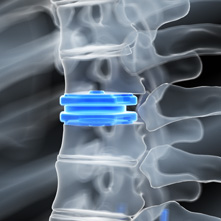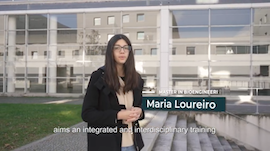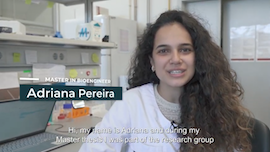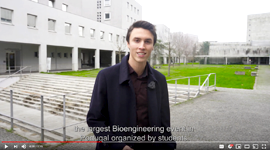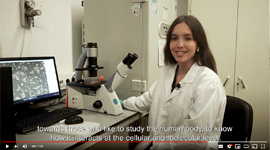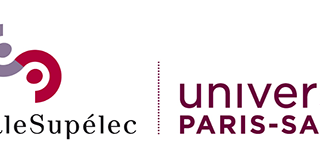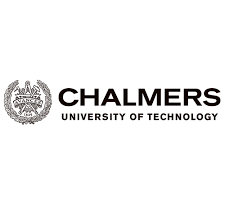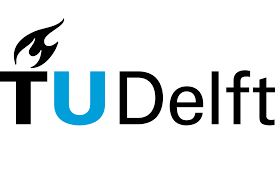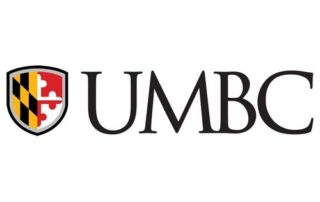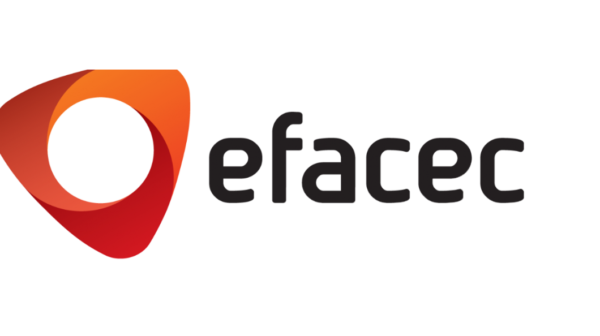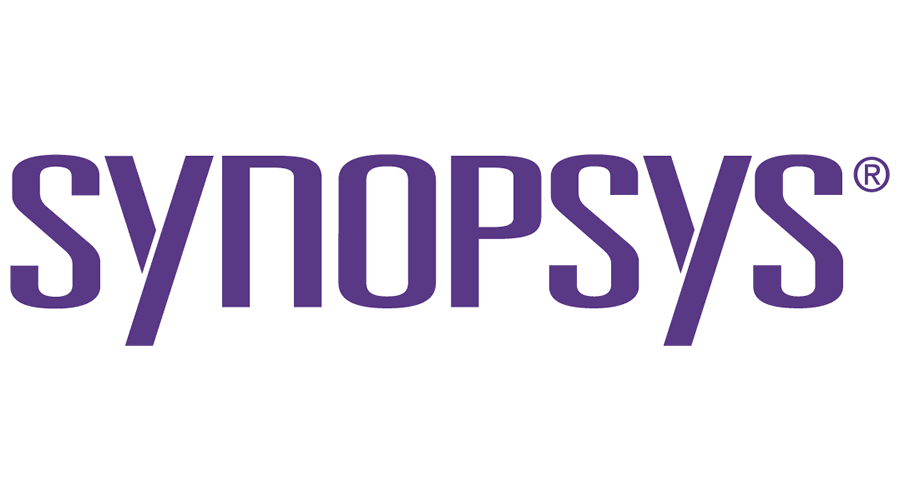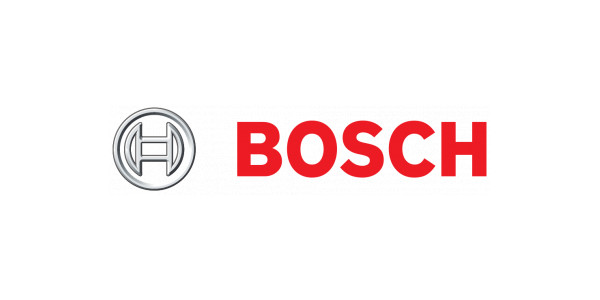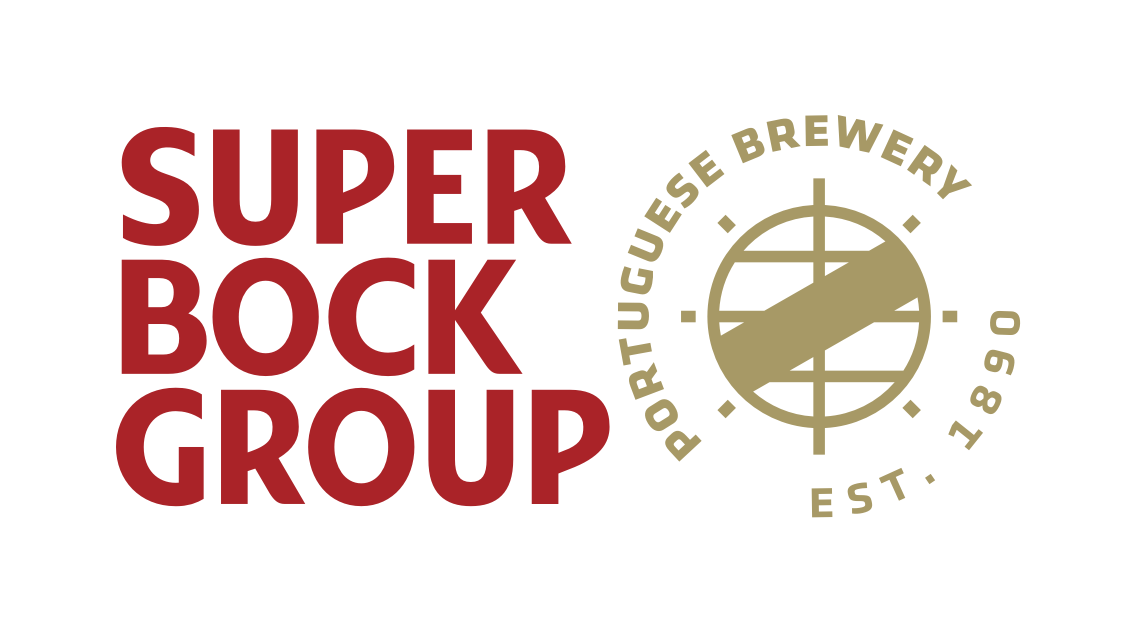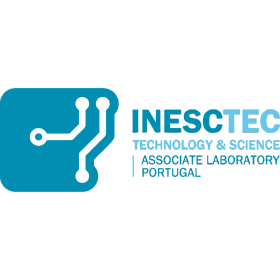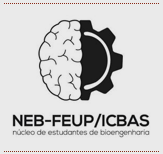
ABOUT

What is Bioengineering?
Bioengineering is an interdisciplinary and transversal field, which integrates several domains of engineering and life sciences. Its mission is to solve problems that arise in biomedicine and industrial biotechnology, from the perspectives of process and molecular engineering.

Who should apply?
To candidates with basic training in the areas of Bioengineering, who wish to acquire advanced and more specific training, focused on advanced topics of Bioengineering.
INTERDISCIPLINARY TRAINING
The partnership between two Organic Units of the University of Porto – the Faculty of Engineering and the Institute of Biomedical Sciences of Abel Salazar, guarantees the interdisciplinary and transversal training that the area of Bioengineering requires, in a complementary multicultural environment.
GENERAL OBJECTIVES
+ The main objective of MBIO is the advanced training of Bioengineers, endowed with multidisciplinary scientific and technical knowledge and transversal to the areas of Bioengineering, and therefore able to solve problems of biomedicine and industrial biotechnology.
+ MBIO is a complementary training to the Degree in Bioengineering, offering specialized education focused on Molecular Bioengineering, Biomedical Engineering or Biological Engineering.
SPECIFIC OBJECTIVES
+ Ensure the training of human resources capable of conceiving, designing, implementing or maintaining systems and services in specific domains of Bioengineering, namely in the expected specializations.
+ Ensure the acquisition of advanced theoretical and experimental knowledge in research techniques, to develop capacities for carrying out high-level scientific research of a fundamental and / or applied nature, according to internationally accepted ethical and quality standards.
+ Promote the development of transversal skills directly or indirectly related to the scientific area of the study cycle.
+ Encourage the realization of programs and / or internships in collaboration with entities from the industrial and health sectors, as well as national and foreign research units.
ACCREDITATION
The study cycle is accredited, unconditionally, by the Higher Education Assessment and Accreditation Agency (A3ES – Agência de Avaliação e Acreditação do Ensino Superior).
University degree
The Master in Bioengineering results from the subdivision of the previous Integrated Master in Bioengineering (MIB), taught by FEUP and ICBAS, in two sequential study cycles, in order to comply with the 19th article of Decree-Law n.º 65/2018 from 16th August, with MBIO being the 2nd of these cycles. MBIO is organized in 4 semesters, totaling 120 ECTS – culminating with the completion of a Dissertation, which takes place in the last semester of the study plan.
The cycle of studies consists of:
+ a masters course, not conferring a degree, consisting of an organized set of curricular units corresponding to 90 ECTS credits. Confers a master’s degree diploma (non-degree awarding) in Bioengineering in one of the 3 specializations: Molecular Bioengineering, Biomedical Engineering, or Biological Engineering. The possibility of awarding a diploma that does not confer a degree will only occur in the 2nd year.
+ a dissertation of a scientific nature, original and specifically carried out for this purpose, corresponding to 30 of the total of 120 ECTS credits in the cycle of studies; the defense in public tests of the dissertation will allow obtaining a master’s degree in Bioengineering, in one of the 3 specializations: Molecular Bioengineering, Biomedical Engineering, or Biological Engineering.
Students will be able to take a semester abroad, in the 2nd semester of the 1st year or in the 1st semester of the 2nd year, at an institution with which there is an exchange agreement. It is also possible to carry out an additional semester in mobility to perform the dissertation, occurring the defense at FEUP or ICBAS.
The degree will be awarded by the University of Porto.

5 reasons to choose
MBIO at FEUP + ICBAS

Bioengineering Training at the University of Porto provided through the partnership of two of its most respected Schools, providing an effective transdisciplinary approach and a unique diversity.

Solid and diversified theoretical training, complemented by intense laboratory training.

Strong interaction student / teacher, through theoretical-practical and laboratory classes, in small classes or tutorials, and supported by the development of carefully outlined experimentation to illustrate the concepts.

Access to high quality resources in terms of physical facilities, equipment, laboratories, and software.

Possibility of mobility in universities and research institutes / interface, national and international, recognized for their excellence.

Videos

MOBILITY AGREEMENTS
Several partnerships have been established with European institutions, namely within the scope of the ERASMUS program, allowing the mobility of students in 15 countries. More than 50 existing collaboration agreements between Brazilian Higher Education Institutions (IES) and the University of Porto, as well as under the Almeida Garrett program, allow student mobility in a complementary way.

Partnerships with companies
Within the scope of several curricular units, it is usual to invite personalities linked to the business sector and the public sector to foster students’ contact with non-academic environments.
In addition, students can carry out their dissertation in a business environment or in research laboratories – many of the works developed are integrated in research projects, with public or private funding. The research centers to which the professors are connected promote technology transfer projects with companies, which allows the assessment of the needs of the productive sector, and promote the presentation of topics for students’ dissertation. Companies often contact teachers to establish collaborations – ranging from consultancy to technology transfer. These projects may eventually involve students in the study cycle, and be the subject of dissertation topics (subject to the conditions of confidentiality).

Student Groups and Associations
NEB
The Center of Bioengineering Students of FEUP and ICBAS (NEB – FEUP/ICBAS) is a non-profit student association that aims to boost activities and events of academic, recreational and personal development for students of Bioengineering from FEUP and ICBAS and the Master of Biomedical Engineering of FEUP.
 Employability
Employability
The following data is based in the Employment Survey FEUP 2020 and refer to the
graduates of MIB – Integrated Master in Bioengineering – in 2018/2019. 64% from a
total of 58 graduates have answered the survey.
How long until students find the first job opportunity
BEFORE FINISHING
AFTER FINISHING
LESS THAN 3 MONTHS AFTER FINISHING
Correlation between job position and study area
FULLY RELATED
PARTIALLY REALTED
First Job in Portugal/Abroad
PORTUGAL
ABROAD
 Job Opportunities
Job Opportunities
Specializations
Biomedical engineering
Specialization dedicated to the development of biomedical and electronic instrumentation, image analysis and processing of medical signals, medical and therapeutic devices, telemedicine, bioinformatics, information and data management systems, medical robotics and bionics.
Biological Engineering
Specialization dedicated to the development of biochemical processes in the pharmaceutical, food, cosmetic, or chemical industry, with intervention in clean technologies, recovery of natural resources, or therapeutics – as well as in health in hospitals and biomedical companies.
Molecular Bioengineering
Specialization focused on the interface of molecular engineering with regenerative medicine and nanomedicine, focusing on the areas of tissue regeneration and repair, design and development of biomaterials, nanotechnology, active agents design, and drug delivery systems.

TESTIMONIALS

APPLICATIONS


APPLICATION FEE
55€


LANGUAGE
English


ACADEMIC YEAR
September – June


TUITION FEE
Check here


DURATION
2 years (2º ciclo)


APPLICATIONS
Apply now for 24/25 – 2nd call

CONTACT
Faculdade de Engenharia da Universidade do Porto
Departament of Bioengineering
Rua Dr. Roberto Frias, s/n
4200-465 Porto
DEQ ‘s secretariat
+351 220413614
catc@fe.up.pt

Director and Scientific Committee

MARIA CONCEIÇÃO RANGEL
CO-DIRECTOR
SCIENTIFIC COMMITTEE

FERNANDO JORGE MONTEIRO
CO-DIRECTOR
SCIENTIFIC COMMITTEE
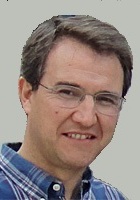
JOSÉ MACHADO DA SILVA
ASSISTANT DIRECTOR
SCIENTIFIC COMMITTEE

JUDITE NOVAIS BARBOSA
ASSISTANT DIRECTOR SCIENTIFIC COMMITTEE
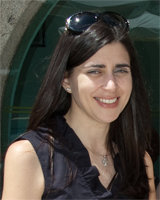
MARIA DO CARMO PEREIRA
SCIENTIFIC COMMITTEE

FILIPE MERGULHÃO
SCIENTIFIC COMMITTEE
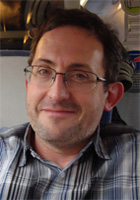
MANUEL VILANOVA
SCIENTIFIC COMMITTEE
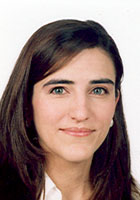
ANA PAULA PÊGO
SCIENTIFIC COMMITTEE




